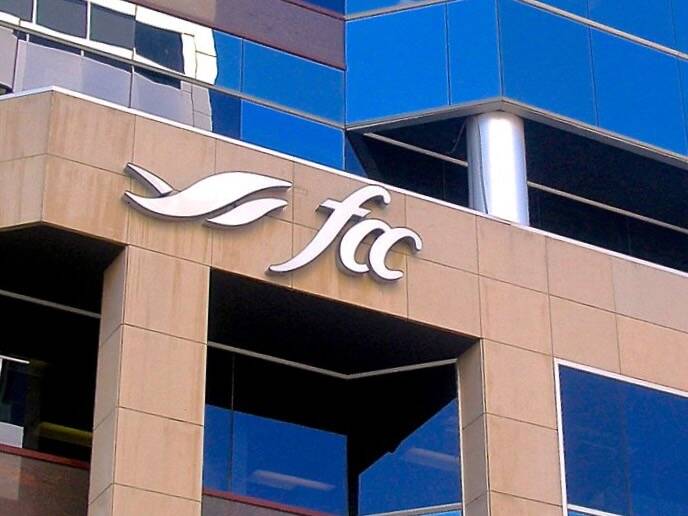It’s pretty easy to get people all fired up these days. Just announce you’re going to rewrite the national anthem. Or axe the wheat board. Or publicly sanction a Crown corporation in the business of lending money to farmers for sending its employees on all-expense-paid trips to Disney World.
Farm Credit Canada was in the hot seat with the Harper government for the second time recently. The first time in 2008 was over its lending policies, which apparently didn’t include assessing whether the applicant’s political affiliations were with the right party.
Read Also

Farm Credit Canada forecasts higher farm costs for 2026
Canadian farmers should brace for higher costs in 2026, Farm Credit Canada warns, although there’s some bright financial news for cattle
This time, it’s over employee perks, after investigative journalists released details of expense accounts that show nearly $600,000 in spending on employee-recognition trips over the past two years.
One trip alone, which included FCC president Greg Stewart and his wife along with 14 employees and their spouses, cost the corporation $160,000. According to the reports, FCC even paid for the Stewarts’ $300 babysitting bill back in Regina.
The subsequent articles also detailed $400-per-night hotel rooms, season tickets for football, golf club memberships and wine served at staff dinners.
“Farm Credit Canada is there to serve farmers and taxpayers and this obvious excess is completely unacceptable,” huffed Federal Agriculture Minister Gerry Ritz in media reports. “I have instructed the FCC board to immediately provide a comprehensive assessment to determine what went wrong and implement a plan to rectify the situation and ensure this kind of excess does not happen again.”
In a rare show of unanimity, representatives of the three other parties on Parliament Hill agreed the perks are excessive – scandalous even – at a time when many farmers are struggling.
FCC abruptly axed the employee recognition trips – on the eve of one’s departure – and promised to review its expense policies.
Perhaps such a review is necessary, especially in light of the 2007 auditor general’s report that suggested, “Farm Credit Canada should review its awards program against a formal reputation risk policy to ensure that all awards are in keeping with positive public perceptions and the desired image-reputation of FCC as a Crown corporation.”
In other words, it makes for bad optics. But there’s another side to this issue, which is the FCC board’s willingness to bow at the altar of political expediency.
Farm Credit Canada isn’t the civil service, nor is it spending taxpayers’ dollars. It was established as a Crown corporation, specifically to operate at arm’s length from the government and in competition with the private sector. So it’s competing with the private sector, not only for agribusiness clients, but for employees.
FCC has evolved into an organization that is now the largest provider of business and financial services to farms, rural and agribusiness. It boasts a portfolio of more than $18 billion and has 1,300 employees across Canada.
In short, it has a complex role. It needs good people on the job. And it is operating in an environment in which good people are hard to find – and keep. Do you want the individual in charge of your portfolio to be from the top of the class, or the one who couldn’t get a job elsewhere?
The people who study such things say workers graduating today will have worked at 10 jobs by the time they are 38. Many of these prospective employees saw their parents’ careers torpedoed by corporate downsizing in the 1980s and ’90s; they learned at an early age that loyalty to the firm is not always rewarded.
As such, the new generation of workers, (the 2010 graduating class is dubbed the “millennials”) is looking for much more in the workplace than a steady paycheque.
They are eyeing such things as a firm’s corporate social responsibility (CSR), and its willingness to accommodate personal priorities such as family and lifestyle. Kids these days are inclined to tell their part-time employers when they are available to work, rather than the other way around.
It’s hard to fathom for those of us who paid 21 per cent interest on our first car loans and who grovelled to get our first jobs.
But today’s job market is different. Employers have learned the hard way that having an unstable, unmotivated workforce is hard on the corporate bottom line.
It is no surprise that companies whose success is based on the talent and motivation of their employees – including the company that owns this newspaper – rely on fringe benefits that include the opportunity to win free trips to nice places.
And guess what? The companies that are ranked among the best places to work in Canada – FCC is in the top 50 – are also among the top-performing companies.
Does FCC’s bonus program sound outlandish? Sure it does. But is it out of line with private sector companies of a similar size? Not really.
Politicians want Crown corporations to behave like the private sector – just as long as they don’t behave like the private sector. [email protected]















